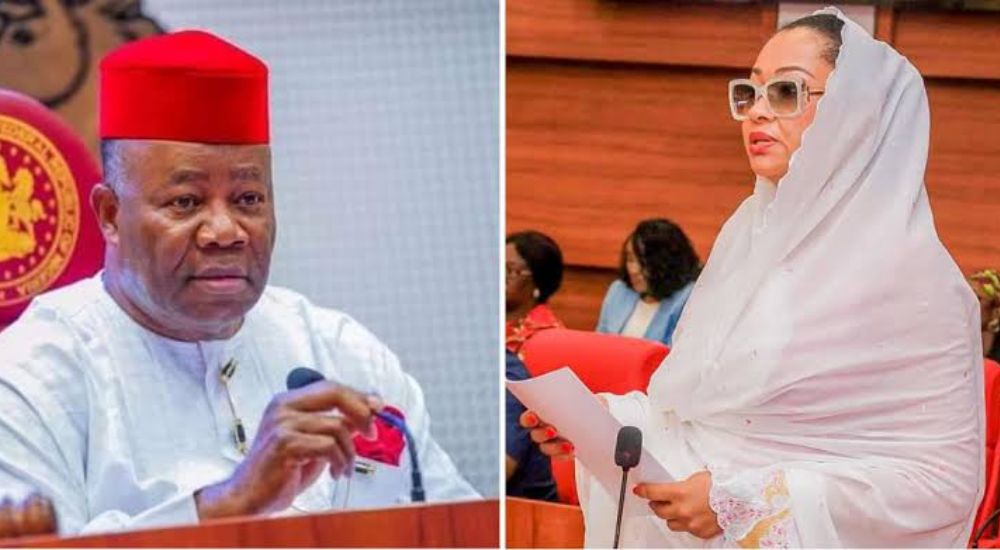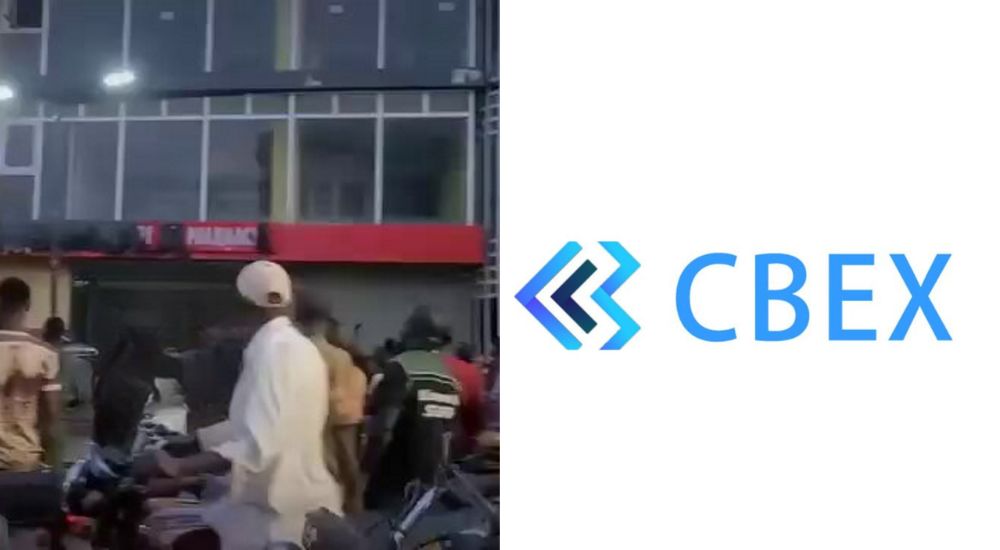How We Arrested Nnamdi Kanu ..DSS
The Federal Government, yesterday, opened its case against the detained leader of the Indigenous People of Biafra, IPoB, Mazi Nnamdi Kanu, as the Department of State Services, DSS, narrated before the Federal High Court in Abuja, how he was arrested in 2015.
The development came on a day the court gave permission for identities of all the witnesses that are billed to testify in the case, to be shielded.
Trial Justice James Omotosho gave the approval, following an ex-parte application FG filed through its team of prosecutors, led by Adegboyega Awomolo.
He permitted the proposed witnesses to testify behind a screen with their real names replaced with acronyms.
FG’s lawyer, Awomolo, pleaded that the witnesses needed to be protected for security reasons and given the serious nature of the case.
While the witnesses would be shielded from the public, they would however be seen by the judge and the defendant.
Kanu’s team of lawyers, led by a former Attorney-General of the Federation and Minister of Justice, Kanu Agabi, did not object to the procedure.
Sequel to Justice Omotosho’s ruling, FG presented its first witness, who was simply identified as PWAAA.
In his Evidence-in-Chief, the witness told the court that he led the team of security operatives that arrested the defendant on October 14, 2015, in one of the rooms in Golden Tulip Hotel, Lagos International Airport.
Kanu, who was arrested upon his return to the country from the United Kingdom, UK, was said to be in the company of a lady when the operatives struck.
Narrating what transpired, the witness told the court that the DSS, acting on intelligence, deployed an eight-man team of operatives to the hotel where Kanu was arrested during a room-to-room search.
He said the team decided to search all the rooms in the hotel after they could not find Kanu’s name on the manifest.
According to the witness, it was after Kanu was arrested that it was discovered that he used his native name to secure the hotel accommodation.
Kanu’s legal team did not raise any objection.
In the statement that was read in the open court, Kanu denied his alleged link to violence in the South East region of the country.
He maintained that his struggle for the emancipation of the South East, South South and parts of Benue and Kogi states, was his fundamental human right and not terrorism, as alleged by the government.
The embattled IPoB leader further contended that freedom fighting, which he was involved in, is neither a crime in Nigeria nor in any part of the world, describing it as a basic right.
Confirming that he established Radio Biafra, the IPoB leader insisted that it was duly registered in the UK, where he resided.
Justice Omotosho adjourned the case till Friday to enable Kanu’s lawyer to cross-examine the witness.
Kanu, whose trial started de-novo (afresh) following the reassignment of his case-file to Justice Omotosho, had earlier pleaded not guilty to a seven-count treasonable felony charge the government preferred against him.





